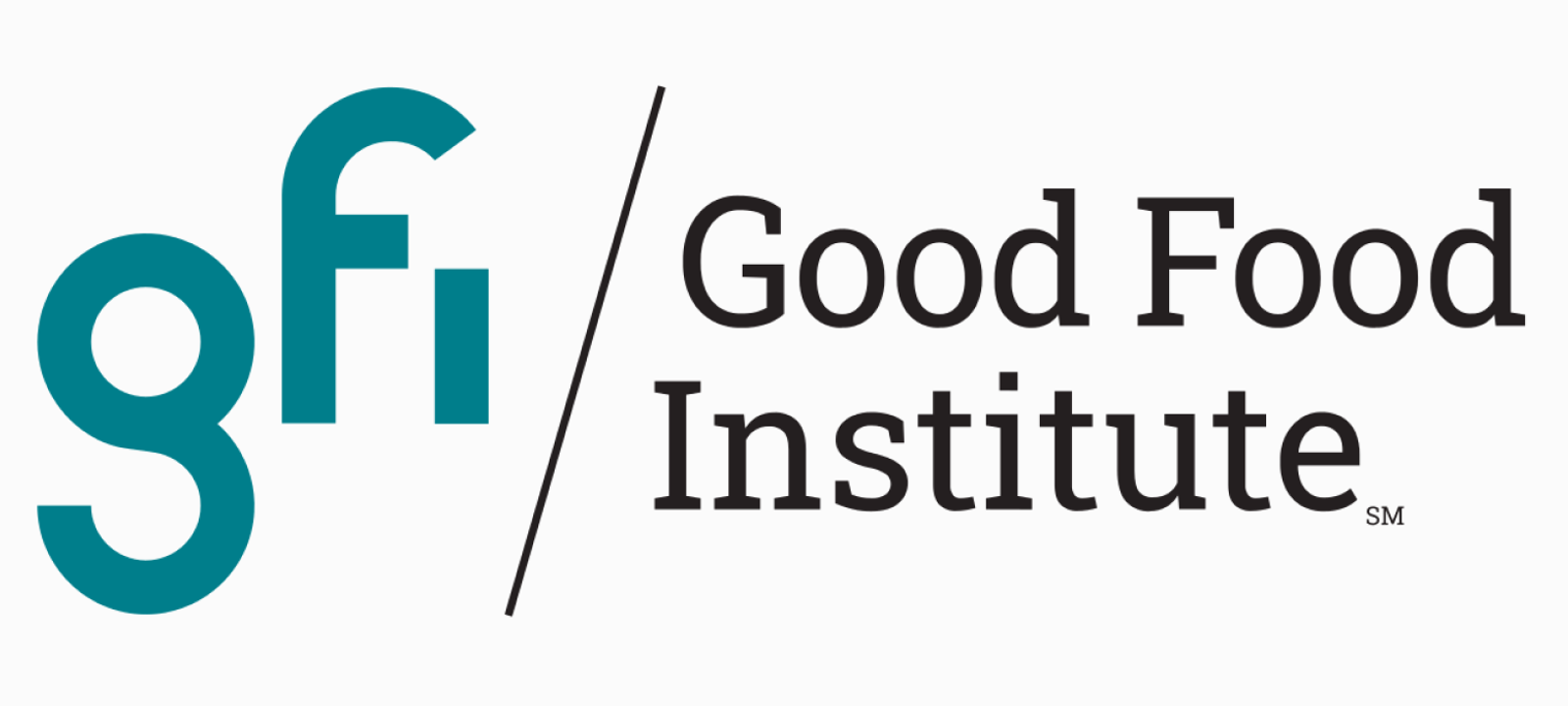

Election Candidate: Good Food Institute
The Good Food Institute (GFI) is a promising project for improving animal welfare and mitigating climate change.
Today, animal agriculture alone accounts for 20% of all global emissions, making conventional meat a significant contributor to climate change. Additionally, more than 75 billion farmed land animals are slaughtered every year, the majority of whom suffer greatly during their lives due to crowded and unhealthy conditions. Conventional meat is also a leading driver of antibiotic resistance, pandemic risk, and global food insecurity. Yet even in areas of the world where the harms of meat are best understood, meat consumption is as high as it’s ever been, and consumption is projected to double worldwide by 2050. If we do nothing, the scale of this problem is going to increase.
If we can’t change the demand for meat, we must change the supply. We have the technology to cultivate meat directly from animal cells and create it from plants. Compared to conventional meat production, these alternative proteins emit up to 90% less greenhouse gases, require up to 95% less land, and do not contribute to antibiotic resistance, pandemic risk, or animal suffering.
GFI is a global network of non-profit organisations, identifying solutions and mobilising resources to advance plant-based, fermentation-made, and cultivated meat, eggs, dairy, and seafood. In other words, GFI aims to change the way meat is made, rather than changing consumer demand.
GFI has three main focus areas, as follows.
- Cultivating a strong scientific ecosystem: a donation to GFI could help to map out the most neglected scientific areas that will allow alternative proteins to compete on taste and price and then direct talent and funding to solve these.
- Influencing and securing government funding for alternative proteins: a donation to GFI could leverage much greater sums in crucial open-access R&D funding for alternative proteins.
- Ensuring industry prioritises alternative proteins: a donation to GFI could help unlock further investments as well as removing bottlenecks to growth of the sector.
As a nonprofit, GFI is uniquely positioned to accelerate the transition to alternative proteins. GFI has a big-picture perspective, working across the entire sector to spot and address today’s industry-wide challenges and forecast and avert future obstacles. GFI shares knowledge freely through open-access work which supports the advancement of the entire alternative protein space. Aligned with EA principles, GFI identifies and advances high-impact, tractable solutions in areas where too few people are working, focuses on what is needed most and provides the talent and resources necessary to have the biggest impact possible.

Seren Kell
Seren’s background is originally in biochemistry, with a focus on cellular senescence and the fundamental processes underlying human ageing. Over the last few years she has been involved in both the cultivated meat space (focusing on cell culture media, and then co-founding Cellular Agriculture UK), and external innovation more generally – previously working at IN-PART, a startup that connects R&D-focused companies with academia to encourage greater collaboration. Now at the Good Food Institute Europe, Seren leads our science and technology team to build a strong, open-access sustainable protein research and training ecosystem across Europe.
Raising for:

Good Food Institute
Advancing Alternative Proteins
The Good Food Institute accelerates the transition of the world’s food system toward alternative proteins by developing and promoting plant- and cell-based alternatives to animal products.
